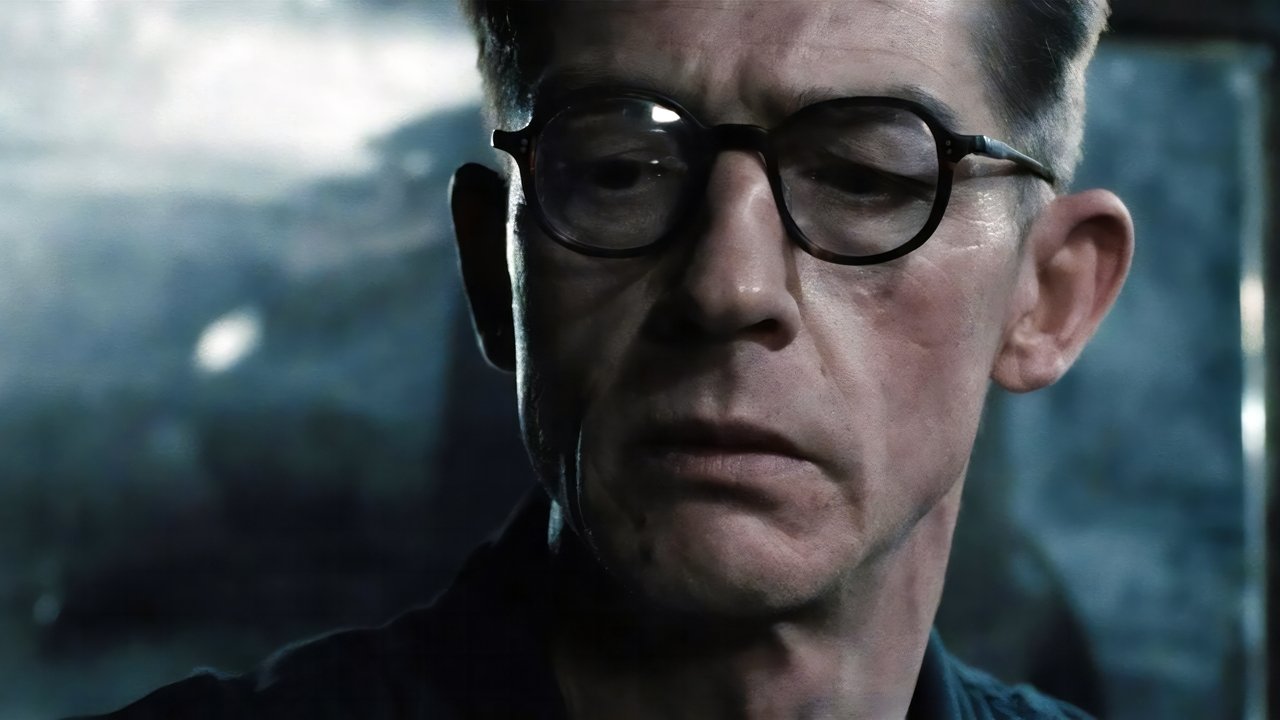A Haunting Glimpse into Dystopia: "1984"
Welcome to the eerie, tension-filled landscape of Michael Radford's 1984 - the movie adaptation of George Orwell's timeless classic. In this movie review, we unravel the grim tapestry of a world gone mad with technology and tyranny. Set against the stark canvas of a totalitarian future society, the film brilliantly captures the essence of Orwell's original literary masterpiece. With its drama and sci-fi elements, it’s a chilling vision you cannot afford to ignore.
From Thought Police to Forbidden Love: The Heart of "1984"
The plot follows the brooding yet quietly defiant Winston Smith (played by the ever-expressive John Hurt), a man whose day job is to rewrite history to suit the whims of the Party. It’s a job with soul-crushing consequences, and Winston is pushed to the brink of rebellion. He finds a spark of hope in the equally audacious Julia (played by Suzanna Hamilton), leading to an illicit love affair that defies the suffocating laws of Big Brother. Together, they traverse a landscape where paranoia is the norm, and your neighbor might just be your betrayer.
Diving into the Belly of the Beast: Acting and Technical Prowess
Radford's direction shines as he masterfully twists the audience’s emotions, turning the simple act of reading between the lines into a nerve-wracking endeavor. But let’s not kid ourselves, it’s John Hurt's heart-wrenching portrayal of Winston that truly embeds the tale within our psyche. Watching Hurt navigate his character’s inner turmoil is like watching a slow-motion car crash: you can’t look away. And let’s not forget Richard Burton, who in one of his last roles, adds a cold, unnerving edge as O'Brien, the Party’s enigmatic figurehead.
The cinematography, tinged with shades of gray and oppressive lighting, does more than depict the harsh realities of the fictional world. It transports us into its nightmare, making the chilling aspects of the film tangible. Even the sound design – the low droning hums and mechanical whirrs – ensures we're never free from the oppressive presence of Big Brother.
Context and Contrast: "1984" in the World of Cinema
In the realm of sci-fi and drama, few films can claim to match the sheer psychological gravitas of 1984. It seems Radford's creation was born to stand toe-to-toe with other great dystopian narratives like Blade Runner, yet offers a uniquely harrowing view devoid of the comforting hues of romanticized futures. Compare this to Radford's earlier works, and you notice a director who’s comfortable wading into the murky waters of despair and human rights – his forte lies in his ability to reflect society’s worst fears back at it in ways that, even decades later, still resonate.
And let’s have a lighthearted segue here: what if Winston, Julia, and O'Brien entered a sitcom world like Friends? Imagine the shenanigans: "Will Winston ever figure out who’s spying on him now? Stay tuned!" But in all seriousness, while 1984 might lack the charm of a sitcom, its power lies in its ability to provoke thought and empathy from a society still grappling with issues of surveillance and freedom.
Final Thoughts: Why "1984" Remains a Must-Watch
Ultimately, the striking relevance of 1984 ensures its place in the echelon of must-watch films – a daring cinema analysis of a world not far removed from our own. It might not be a feel-good flick to end your Friday night, but it’s a film that urges reflection and discussion long after the credits roll. If you’re a fan of “best sci-fi movies” or narratives that delve deep into the human condition, then Michel Radford's vision should certainly be on your radar.
Embrace the unease, challenge your perceptions and watch 1984 for an experience that mirrors the fears and fragility of our own realities.

